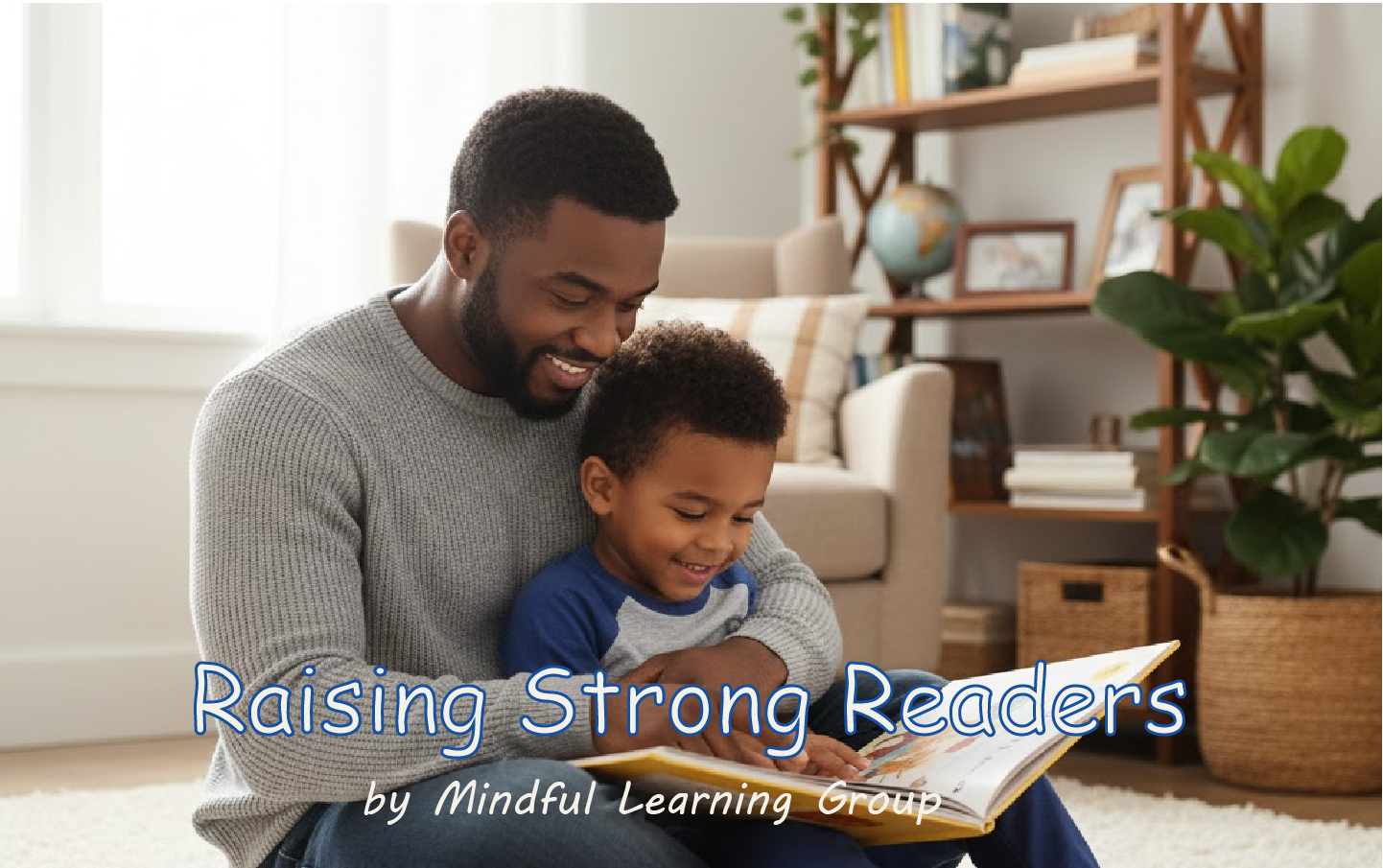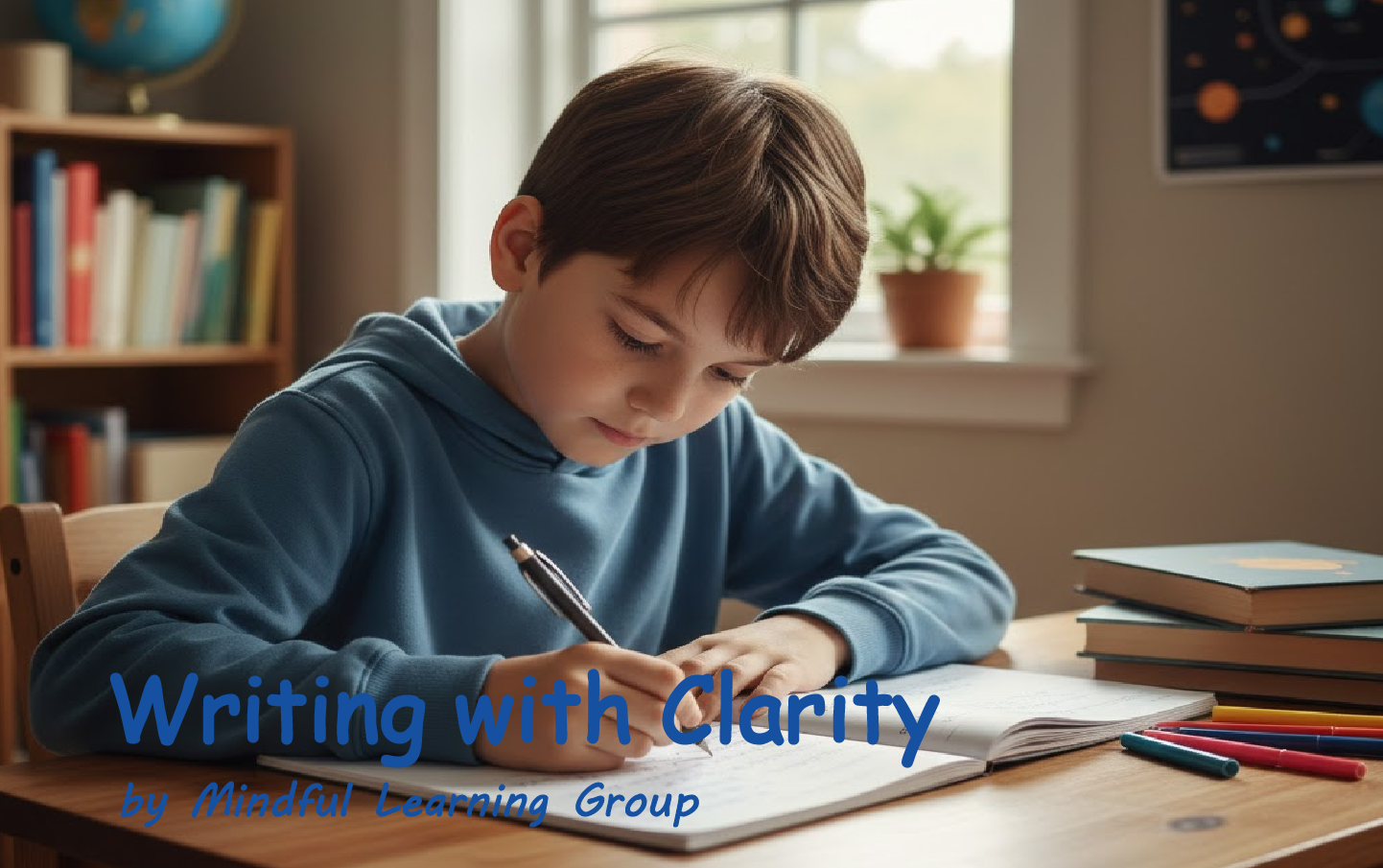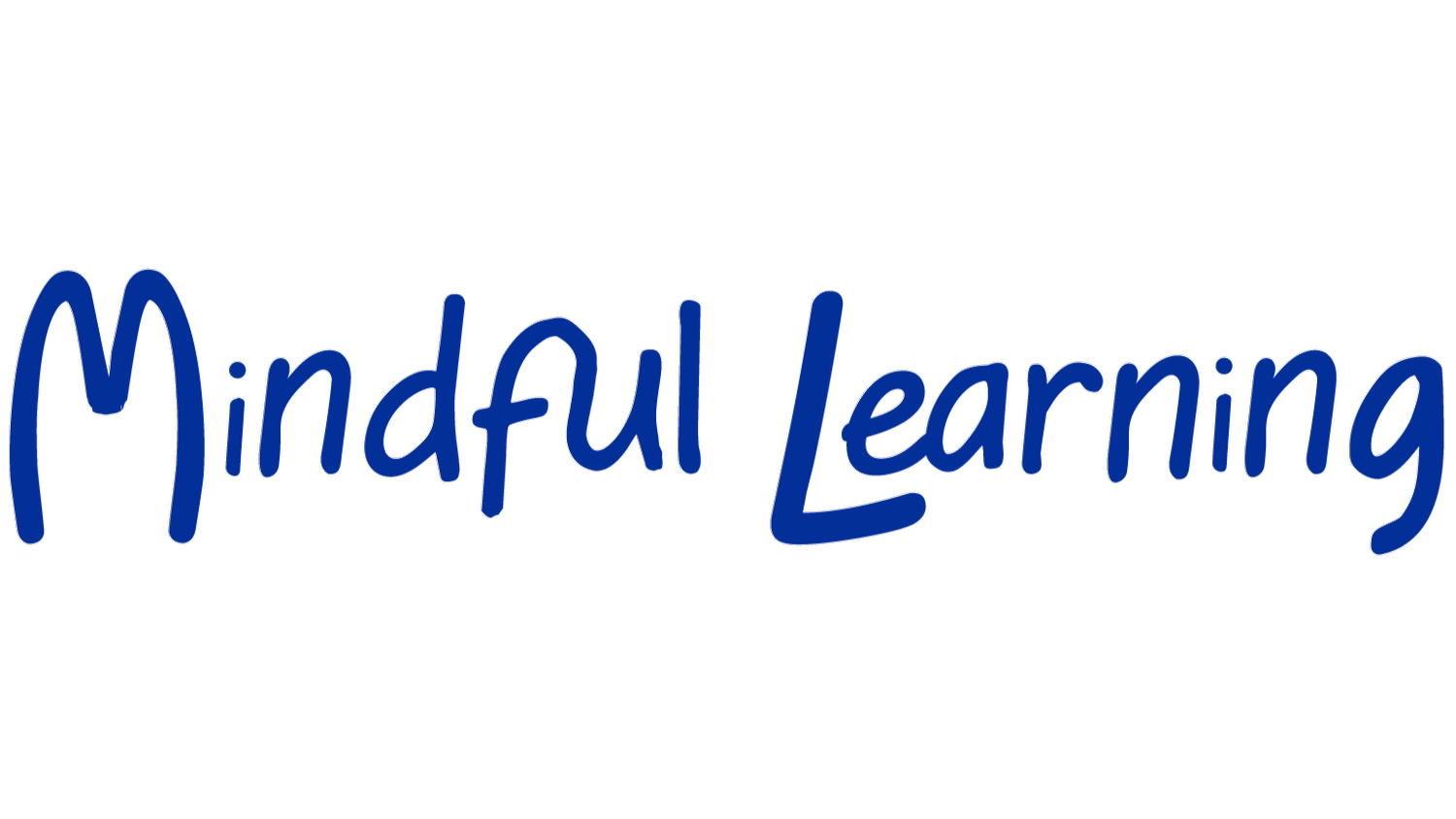
Reading Comprehension Tools Every Parent Should Have
Help your child become a confident reader with simple, effective comprehension tools every parent should know. Dr. Annie at Mindful Learning Group shares practical routines, vocabulary strategies, and tutoring insights that make reading easier — and more enjoyable — at home.

